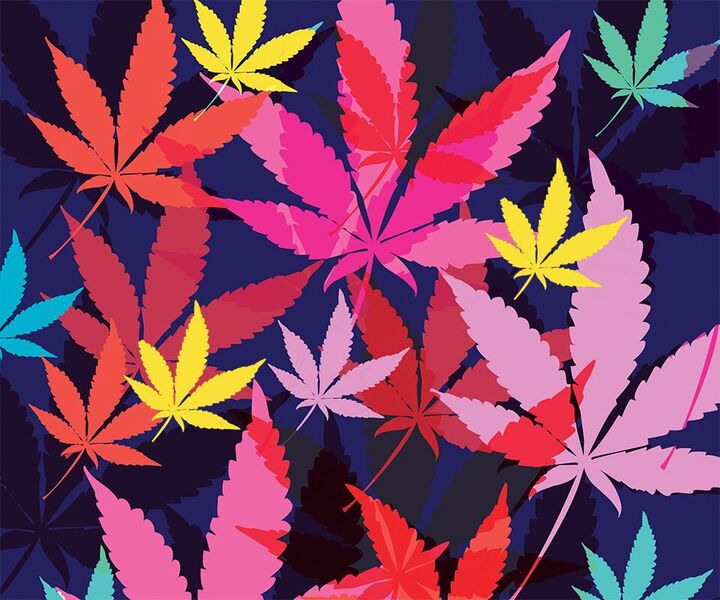Marijuana legalization is on the horizon. The people have spoken, and as of Oct. 17 they’ll be tokin’. Yet, the legalization process is more complex than simply lifting the ban on getting high; the way it is executed can mean the difference between freedom for citizens and more centralized state power.
Policing marijuana and other substances has been a method of controlling populations—particularly by criminalizing certain groups—for a long time. Enforcing substance laws is often used as a tool by powerful groups to further their goals. This often invokes keeping poor people, racial and gender minorities, and other disenfranchised groups at the lowest of our class structure.
The way the war on drugs campaign started proves this. As admitted by Richard Nixon’s former assistant to the president for domestic affairs John Ehrlichman: “We knew we couldn’t make it illegal to be either against the war or black, but by getting the public to associate the hippies with marijuana and blacks with heroin. And then criminalizing both heavily, we could disrupt those communities.” This is pretty clear evidence that the prohibition of marijuana is not about any moral issues with consumption of the drug. So legalizing marijuana is clearly a good thing, because it’s a step toward ending arbitrary means of state control.
This is the stance that was taken by the Bloc Pot political party in the recent Quebec election. Their main platform highlighted the prohibition of marijuana as a tool for the state to control and disempower its citizens. While they are in support of legalizing marijuana, they point out the problems with governments controlling that legalization process. The party also advocates for marijuana to be left out of the Criminal Code and the Canadian government’s control completely.
Quebec premier François Legault of the Coalition Avenir Québec (CAQ) will soon have to confront the task of implementing marijuana legalization in Quebec. One of the stipulations in his legalization plan is bumping the legal age from 18 (as was previously intended) up to 21. How he implements and regulates the rest of the law will affect more than just the minute details around buying weed; it could be the difference between maintaining oppressive social structures or granting people autonomy.
Legault, who ran on the promise of reducing immigration in Quebec by one fifth and imposing a “Quebec values” test on immigrants, doesn’t have the greatest track record with minorities. The CAQ’s immigration policies are outside the realm of marijuana legalization, but the reality is that generating and maintaining laws about personal issues like consuming marijuana only lends more power to the state to intervene in people’s lives. As essayist Jackie Wang argued in her book, Carceral Capitalism, right-wingers and neoliberals only want reduced state control until it involves policing the lives of minorities—a contradiction no doubt. It is likely that even as marijuana is legalized, it will still be heavily policed/regulated, which will disproportionately affect minority communities. Therefore, we will need to pay attention to the details surrounding legalization and make our voices heard if they are unjust.
The legalization of marijuana will not dissolve problematic structures in society any more than it will cure cancer, but leaving the police out of as many parts of our lives as possible is something that is in the best interest of the vulnerable members of our society, and thus something we should all strive for.
Graphic by @spooky_soda




